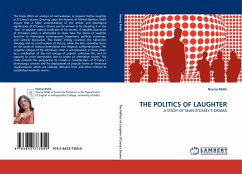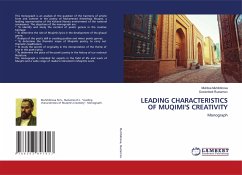The book offers an analysis of carnivalesque or popular festive laughter in O'Casey's drama. Drawing upon the theories of Mikhail Bakhtin, Malik argues that a fuller understanding of the artistic and ideological significance of O'Casey's drama can be arrived at by situating it in the "low" or popular cultural traditions of his society. A detailed discussion of O'Casey's plays is attempted to show how the forms of laughter function to interrogate contemporary hegemonic political, economic, and cultural discourses. The Dublin trilogy counters the nationalist ideology and its constructions of history, while the later comedies focus on the issues of cultural domination and religious authoritarianism. This negative critique of the dominant order is accompanied, in these plays, by a celebration of the rich energy of popular collective life, and its capacity to resist domination and to create an alternative society. The study extends this perspective to include a consideration of O'Casey's dramaturgic choices and his deployment of popular forms of theatrical representation which are radically different from and often inimical to established aesthetic norms.
Bitte wählen Sie Ihr Anliegen aus.
Rechnungen
Retourenschein anfordern
Bestellstatus
Storno








